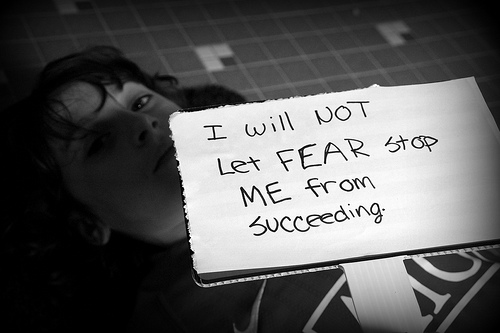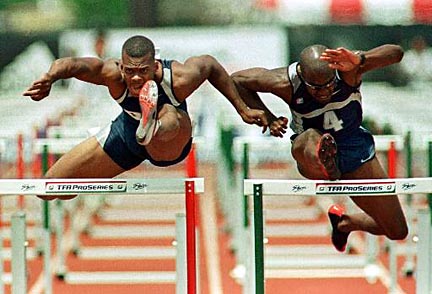Where Does Self Esteem Come From?
Our self esteem develops and evolves throughout our lives as we build an image of ourselves through our experiences with different people and activities. Experiences during our childhood play a particularly large role in the shaping of our basic self esteem.
When we were growing up, our successes (and failures) and how we were treated by the members of our immediate family, by our teachers, coaches, religious authorities, and by our peers, all contributed to the creation of our basic self esteem.
An adult who has healthy self esteem was given this gift in childhood. This could have been done in many ways. Probably one of the most important is being praised for accomplishments. Children who are talked to respectfully and listened to also contributed to healthy self esteem in adulthood. These children were hugged often and given attention and experienced some type of success in school or sporting activities.
On the other side of the spectrum, we have to identify the childhood for those adults who have poor self esteem. These children were often criticized harshly, were yelled at or beaten, and were given little attention by those they were closest to. They were ridiculed and even teased as they experienced failures in their young lives. They were made to feel they had to be perfect in order to be valued and associated failure in situations as a failure of their whole selves.
It’s sad, isn’t it? To think of a child treated that way. What’s even sadder is the effect that treatment has on their lives as adults. We are shaped and molded by our experiences. Do you recognize yourself?
How we feel about ourselves can influence how we live our lives. People who feel that they are likable and lovable (in other words people with good self esteem) have better relationships. They are more likely to ask for help and support from friends and family when they need it. People who believe they can accomplish goals and solve problems are more likely to do well in school. Having good self esteem allows you to accept yourself and live life to the fullest.
Self esteem plays a role in almost everything we do. People with high self esteem do better in school and find it easier to make friends. They tend to have better relationships with peers and adults, feel happier, find it easier to deal with mistakes, disappointments, and failures, and are more likely to stick with something until they succeed. It takes some work, but it’s a skill you’ll have for life.
This book is about how to raise your self esteem, so we will focus on the low self esteem that many people have these days. You can overcome issues with low self esteem. It’s not as difficult as you might think. In fact, all you have to do is recognize, understand, and use the techniques we will give you.

 Self Esteem
Self Esteem Self Esteem
Self Esteem